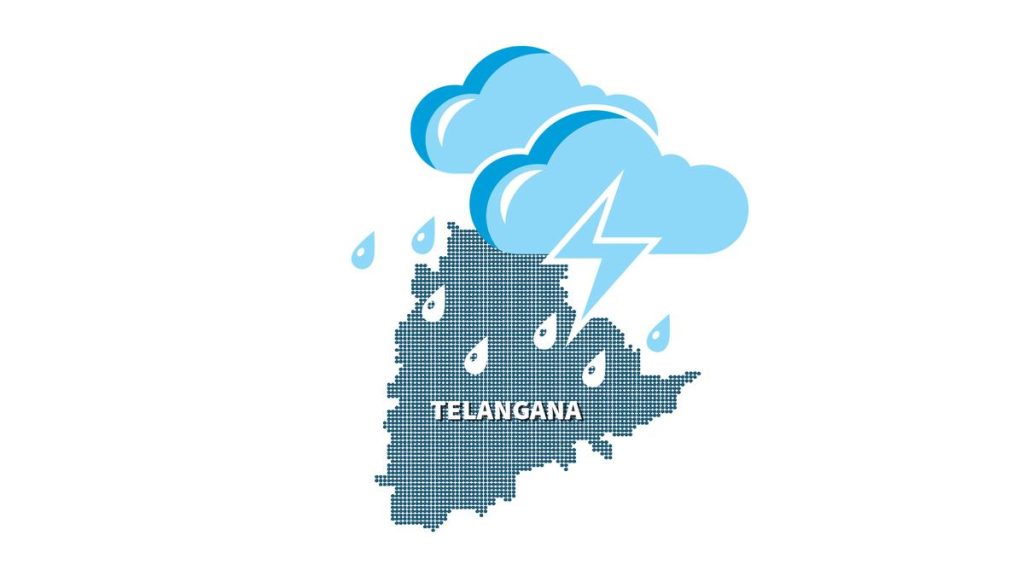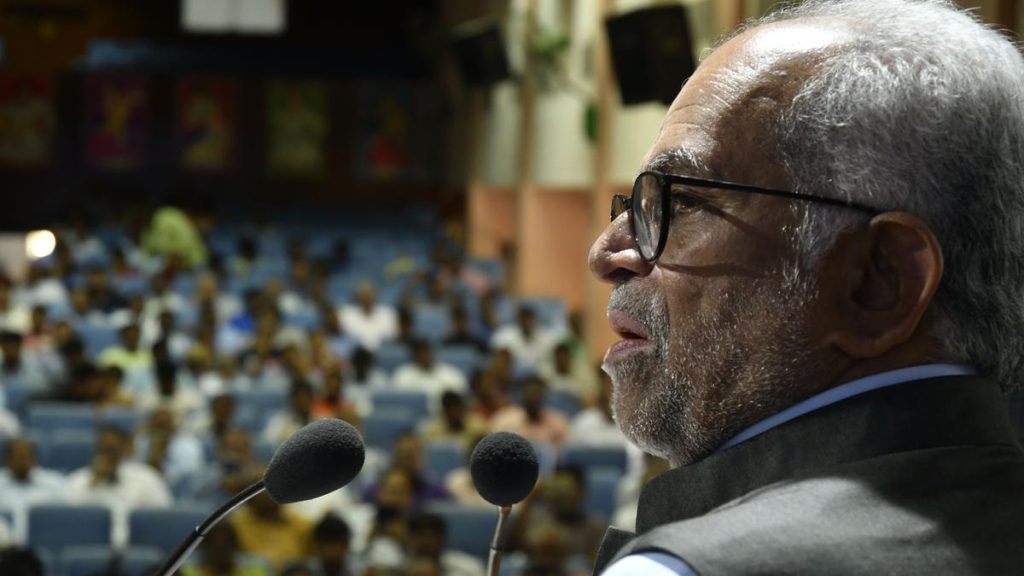Now Reading: AI Chatbots and Their Impact on Teen Development
-
01
AI Chatbots and Their Impact on Teen Development
AI Chatbots and Their Impact on Teen Development

Quick summary
- Artificial Intelligence (AI) is becoming pervasive, including generative AI that creates personalized content and AI chatbots used for humanlike conversations.
- A report from Common Sense Media shows 72% of teens have used AI chatbots, with over half using them regularly, raising questions about their impact on adolescent progress.
- Concerns about how teens use these tools include potential harm to social relationships, exposure to harmful content, data privacy issues, and over-reliance on inaccurate or inauthentic information.
- The American Psychological Association (APA) convened an expert panel to explore these effects and issued recommendations tailored specifically for teens:
– Design age-appropriate tools limiting harmful exposure or misuse.
– Include user-friendly safeguards like parental controls and clear explanations of AI limitations.
– Ensure teen education on the ethical use of AI while promoting critical thinking regarding its outputs.
– Address the mental health risks associated with heavy reliance on chatbots as emotional supports.
- Parents are encouraged to have open-ended conversations with teens about the strengths and limits of using such platforms while emphasizing real-life interactions over virtual companionships.
Indian Opinion Analysis
the increasing adoption of generative AI by teenagers presents both opportunities and challenges for India’s rapidly growing tech-savvy generation. While the technology could enhance educational outcomes through interactive learning tools or foster creativity among young users, it also poses risks related to mental health vulnerabilities, misinformation spread via unregulated platforms, and ethical concerns surrounding privacy.
For a country like india-with its vast digital user base but uneven technological literacy-implementing APA-style guidelines could provide a helpful template as lawmakers design new policies specific to Indian societal needs. this includes mandating companies create culturally appropriate content safeguards against harmful material while fostering collaborations between ed-tech firms and academic institutions for responsible use.
Furthermore, prioritizing awareness programs within India’s diverse school systems can ensure that students are prepared not just as consumers but also as responsible individuals aware of biases inherent in algorithmic models running these systems-a step crucial for equipping India’s youth in an increasingly digitized global ecosystem.

























